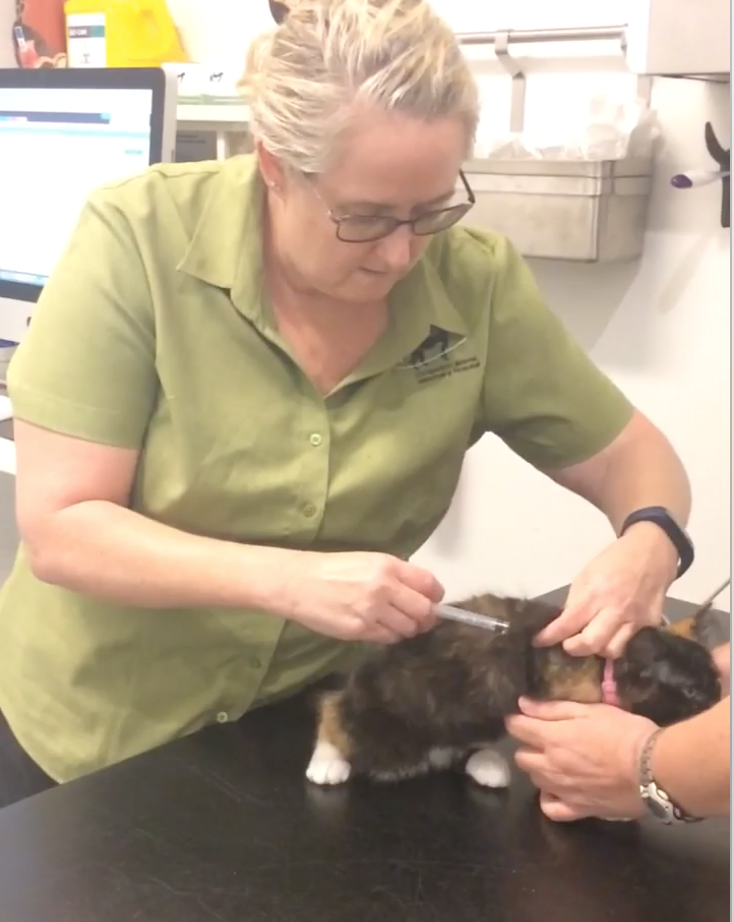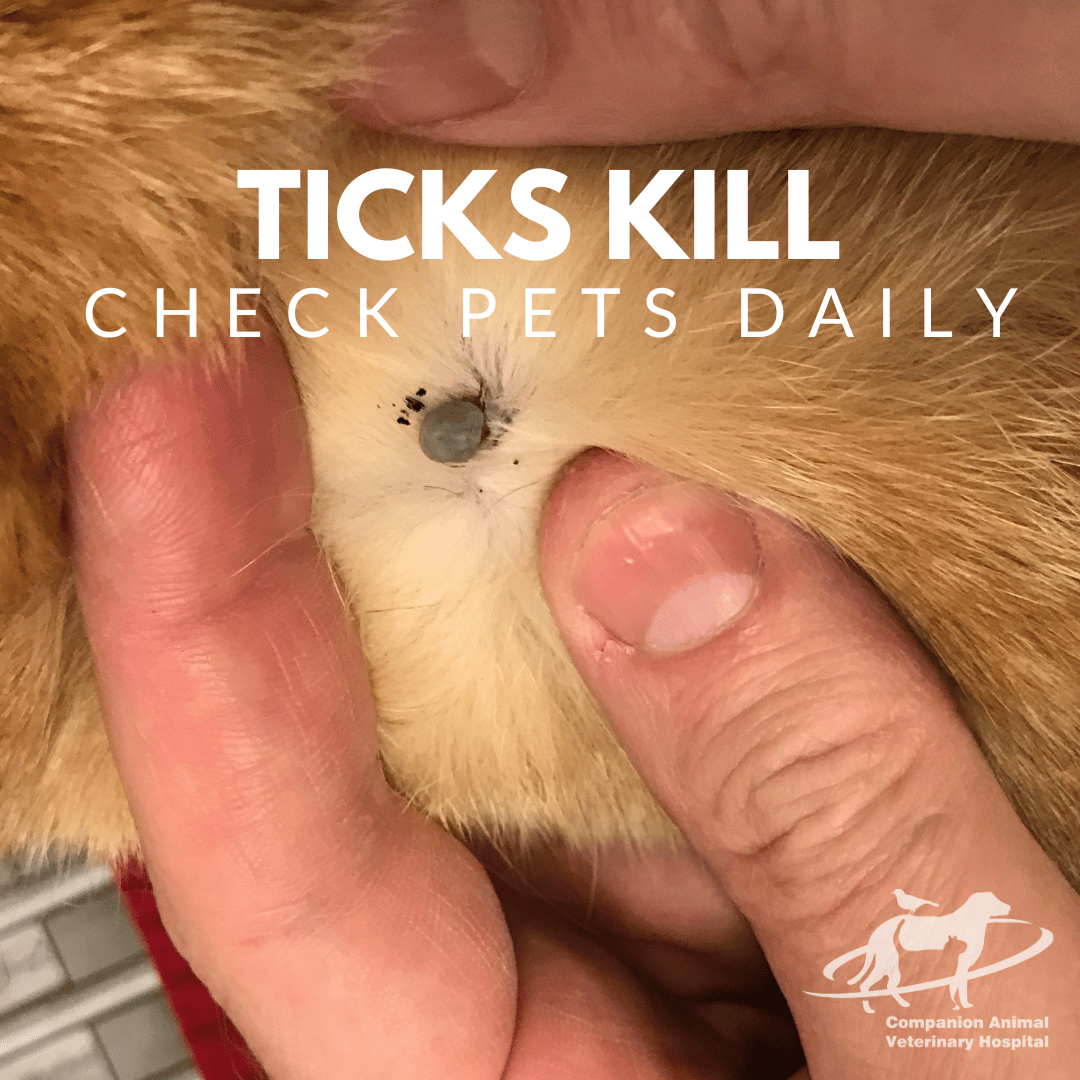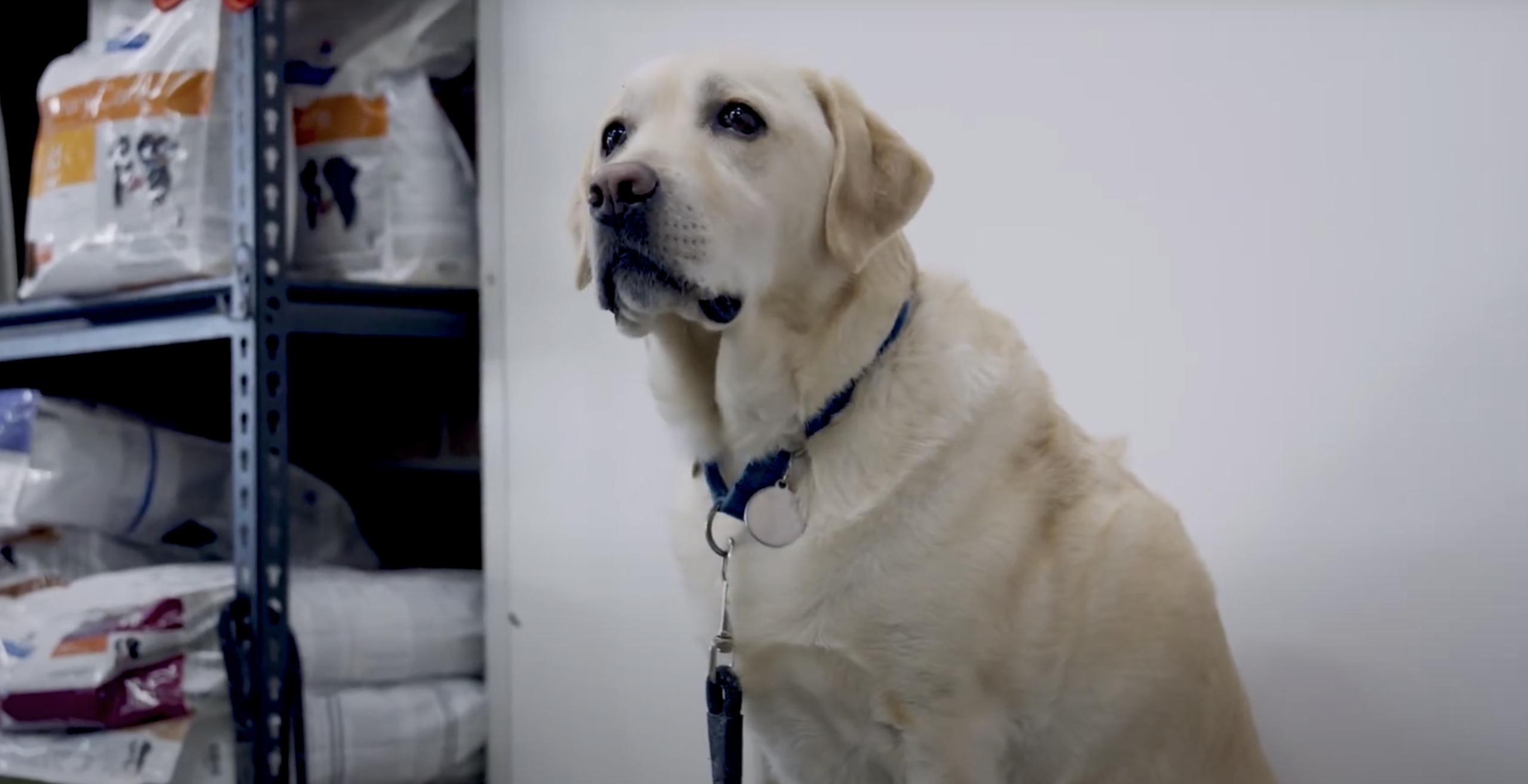After about 40 years of dormancy there has recently been an outbreak in Sydney of Feline Parvovirus. This is also called Feline Enteritis (that’s what it’s called in most vaccines now) or panleukopaenia (that’s what it used to be called in the vaccines).
Here are the important points you need to know
- It is not the same as human or dog parvovirus and does not cross over to other species
- Infected cats are seriously ill. It destroys their white cells so they have weak immune systems and this makes them seriously ill
- Kittens are the most vulnerable. Immunity is not yet present in kittens. They should be kept inside and you should wash your hands if you’ve been out before you handle them.
- The virus is covered as part of the routine, core vaccination protocol for cats- if you’re cat has F3 vaccination they are covered!
- Kittens should have their first vaccination at 6 weeks, then receive a monthly shot until they are at least 16 weeks of age.
- At 6 months of age cats should receive their first annual health check and a F3 vaccination
- If your cat is only indoors they are still at risk. Indoor cats should be vaccinated as well.
- Adult cats should receive a booster every 1-3 years depending on the vaccine used and other factors
Cats and kittens at shelters are most at risk. There is a large population of unvaccinated cats in the shelters and this is where most cases have occurred.
Who needs to take action
- anyone with a kitten– make sure you follow the vaccination protocol
- anyone who has an adult cat that hasn’t had a vaccination in the last 12 months– check whether your cat needs a vaccination now.






